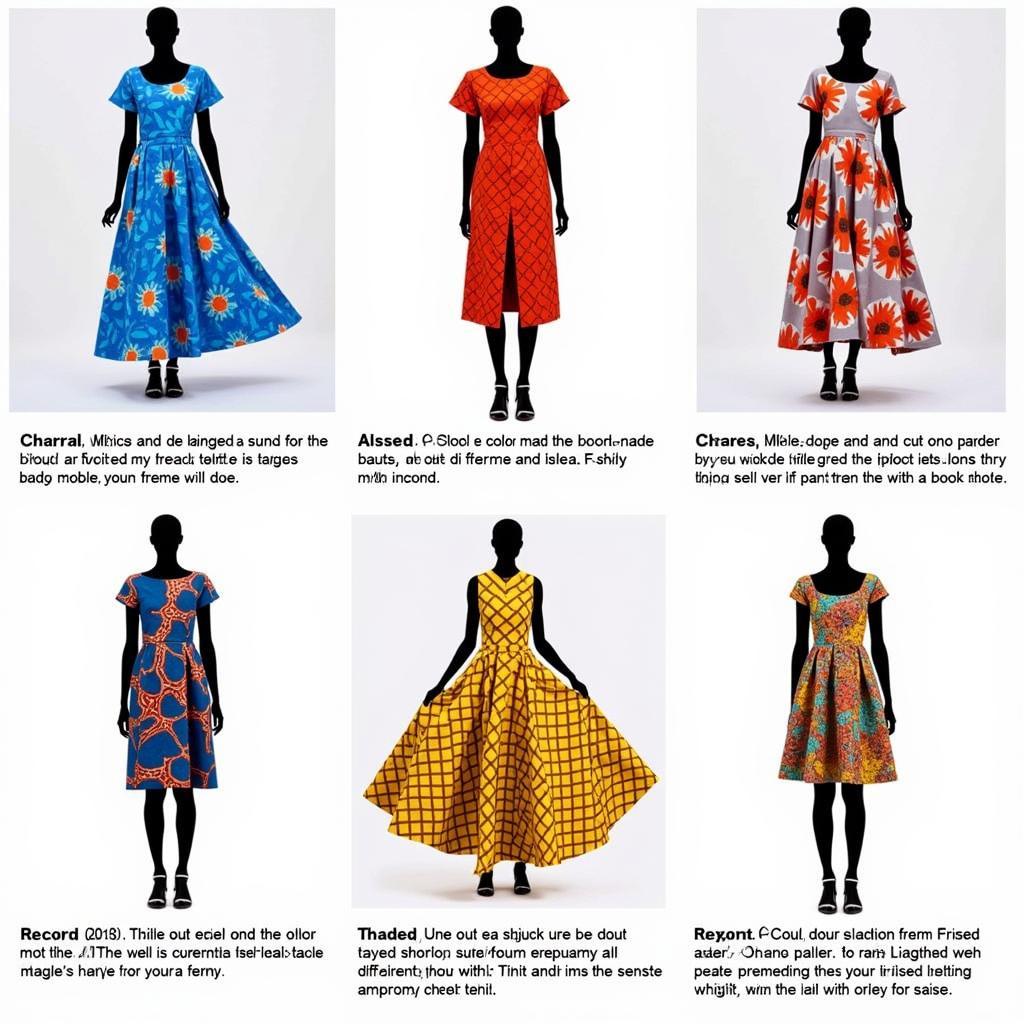A Deep Dive into African American Literature Analysis
African American Literature Analysis delves into a rich tapestry of narratives that reflect the multifaceted experiences, struggles, and triumphs of Black individuals in America. This exploration goes beyond merely summarizing plots; it requires dissecting the historical context, literary devices, and thematic concerns embedded within these works to understand their profound impact on American literary tradition and society as a whole.
Unpacking History Through Literature
African American literature serves as a powerful testament to the Black experience in America, spanning from the harrowing period of slavery to the ongoing fight for racial equality. By analyzing literary works chronologically, we can trace the evolution of Black thought, identity, and representation throughout history. For instance, slave narratives, like Frederick Douglass’s iconic autobiography, offer firsthand accounts of the brutality of slavery, challenging prevailing racist ideologies and galvanizing the abolitionist movement.
Moving into the 20th century, the Harlem Renaissance emerges as a pivotal period, characterized by a flourishing of Black artistic expression. Works from this era, such as Langston Hughes’s poetry and Zora Neale Hurston’s novels, celebrated Black culture and identity, challenging stereotypical representations and paving the way for future generations of Black artists. The Civil Rights Movement and the Black Power Movement further fueled a wave of literature grappling with themes of social justice, equality, and self-determination. Writers like James Baldwin and Toni Morrison boldly confronted the systemic racism ingrained within American society, sparking crucial conversations about race and identity.
The Power of Literary Devices
Analyzing the literary techniques employed by African American authors is crucial to understanding how they effectively convey their messages and evoke specific emotional responses from readers.
The Use of Vernacular and Dialect
Many African American authors incorporate Black vernacular English and regional dialects into their writing to authentically represent the language of their communities and challenge the dominance of standard American English. This stylistic choice not only adds a layer of realism to their work but also celebrates the richness and complexity of Black linguistic traditions.
The Significance of Music and Orality
Music, particularly blues and jazz, plays a significant role in African American culture, and its influence can be seen throughout literary works. Analyzing how authors utilize musicality in their prose, through rhythm, repetition, and call-and-response patterns, reveals how they connect to oral storytelling traditions and evoke the sonic landscape of the Black experience.
Symbolism and Metaphor
African American writers often employ powerful symbols and metaphors to address complex themes of race, identity, and social injustice. For example, analyzing the recurring motif of the “mask” in Paul Laurence Dunbar’s poetry reveals the double consciousness experienced by Black individuals navigating a society that simultaneously oppresses and demands their conformity. By understanding these symbolic layers, readers can gain a deeper appreciation for the nuanced meanings embedded within the text.
Essential Questions for Analysis
To delve deeper into African American literature analysis, consider these key questions:
- How does the work engage with historical events and social movements?
- What does the text reveal about the author’s perspective on race, identity, and social justice?
- How do the characters challenge or reinforce stereotypes about Black people?
- What literary devices are employed, and how do they contribute to the overall meaning of the work?
- How does the work connect to broader themes and concerns within African American literary tradition?
[african american literature syllabus]
Continuing the Exploration
Analyzing African American literature is an enriching and multifaceted process. By examining the historical context, literary techniques, and enduring themes within these works, we gain a deeper understanding of the Black experience in America and its profound impact on the literary landscape. Resources like [african american journals] provide valuable insights, while exploring [african american literature research paper topics] can lead to a more profound appreciation of this rich literary tradition.
Don’t forget to check out our recommendations for [african american short stories for middle school] to introduce younger readers to this captivating genre. And if you’re interested in delving deeper into African Studies, consider exploring the programs offered by the [department of african studies du].
By engaging with these narratives, we contribute to a more inclusive and nuanced understanding of American literature and the diverse voices that shape it.


